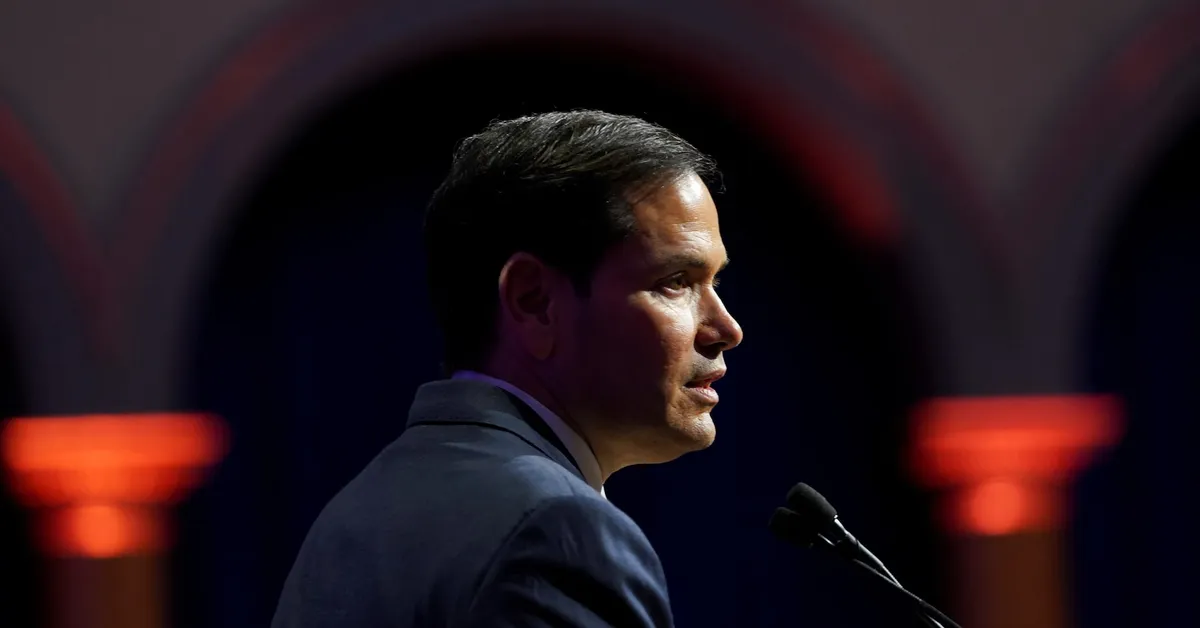
On June 22, in an impactful interview on Fox News' Sunday Morning Futures with Maria Bartiromo, U.S. Secretary of State Marco Rubio called upon China to play a pivotal role in dissuading Iran from closing the vital Strait of Hormuz. This appeal follows significant military action by the United States, which conducted strikes on Iranian nuclear facilities. Rubio's remarks come at a time when tensions in the region are high, and the international community is closely monitoring developments.
The Strait of Hormuz is a crucial maritime passage, facilitating approximately 20% of the world's oil and gas transportation. Rubio emphasized the strategic importance of this route, indicating that any attempt by Iran to shut it down would have dire consequences not just for the U.S., but for global economies. "I encourage the Chinese government in Beijing to call them about that," Rubio stated, underscoring China's heavy dependence on oil shipments that traverse the strait.
Rubio warned that closing the Strait of Hormuz would constitute a severe escalation in the ongoing Middle Eastern conflict, meriting a robust response from the United States and its allies. "If they do that, it will be another terrible mistake," he cautioned, referring to Iran's potential actions. He characterized such a move as "economic suicide," not only for Iran but also for other nations relying on this critical shipping lane.
In recent military operations, U.S. forces have reportedly employed substantial firepower, including 14 bunker-buster bombs, over two dozen Tomahawk missiles, and more than 125 military aircraft to target Iran's key nuclear sites. This aggressive action marks a significant escalation in U.S.-Iran relations and raises concerns about further military confrontations in the region.
In the wake of these developments, Iran has vowed to defend itself vigorously. Rubio, however, urged caution against any retaliatory measures from Iran, labeling such actions as "the worst mistake they've ever made." He also expressed the U.S.'s willingness to engage in dialogue with Iran, suggesting that communication could pave the way for de-escalation.
The Chinese embassy in Washington has not yet commented on Rubio's statements or the U.S. military actions, leaving the international community awaiting their response to the evolving situation.